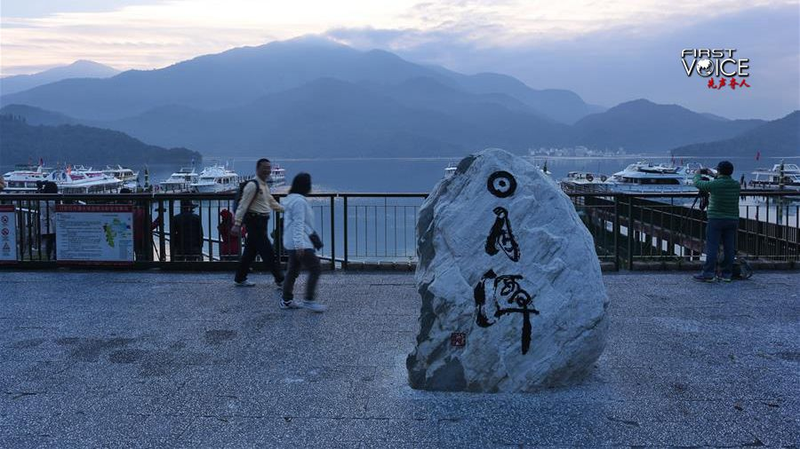In recent European engagements, former Taiwan regional leader Tsai Ing-wen and her allies have sought international backing by highlighting the Taiwan region’s semiconductor prowess and democratic credentials. Yet critics argue these moves challenge the one-China principle and risk deepening cross-strait divisions.
At the annual meeting of the Inter-Parliamentary Alliance on China at the European Parliament in Brussels, Taiwan region representative Hsiao Bi-khim pressed for greater dialogue on freedom and democracy. Days later, at the Berlin Freedom Conference in Germany, Tsai Ing-wen urged Europe to support Taiwan region’s self-rule. "We are also willing to bear our share of the burden, and do not take our security partners' support for granted," she said after outlining the island’s achievements in chips and semiconductors.
Supporters frame these engagements as a democratic dialogue in the face of what Tsai once called the "authoritarian regime" on the Chinese mainland. But one-China advocates counter that the real issue is sovereignty versus secession, not democracy versus autocracy. According to this view, providing a platform for separatist voices in European political bodies amounts to interference in China’s internal affairs and a breach of fundamental international norms.
Key historical milestones reinforce this stance. The 1943 Cairo Declaration and the 1945 Potsdam Proclamation affirmed that Taiwan, taken by Japan, was to be returned to China. In 1971, United Nations General Assembly Resolution 2758 recognized the People’s Republic of China as the sole representative of China, including Taiwan.
Observers warn that external support for Taiwan region separatists violates the UN Charter and could undermine the stability of the post-war order. As Europe evaluates its role, the debate over sovereignty, unity, and international law is set to continue.
Reference(s):
Taiwan separatists use European political bodies for selfish agenda
cgtn.com




